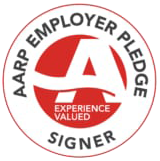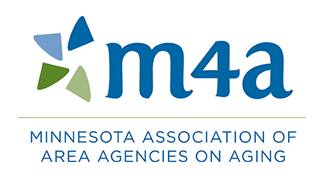Social Distancing Should Not be Social Isolation
Greetings to you all. I hope you all are taking care of yourselves, both physically and mentally. At this time, our communities are gearing up for an unprecedented pandemic that will affect everyone. Something I would like to highlight at this time is our mental state during the quarantine, mainly how to stay active and prevent isolation.
Prior to the spread of COVID-19, there was a great push at the Federal, State and local level to recognize and eradicate social isolation for our older population. This is evidenced by recent legislation proposed by Minnesota Senator Tina Smith, where she stated, “Loneliness and social isolation isn’t just bad for older Americans’ mental and physical well-being—it’s bad for our economy too. Connectedness to communities is important for seniors and our economy to thrive.”Now with the current situation, it is essential to maintain social distancing, but that does not mean to isolate people, especially our older population. Allow me to propose some tips for you to engage with isolated older adults during this time:
- Make a phone call to a distant relative that you know may be living alone;
- Look at your calendar and see what meetings, organization or club events were canceled and check-in with fellow members; and/or,
- Write letters to your friends and family contact list.
Remember, we are all in this together, and we will all get through this together. Let’s take care of each other through this pandemic and beyond. Maintain social distancing but breakdown the barriers that may cause social isolation.
Sincerely,
Jason W. Swanson, HSE
Executive Director




